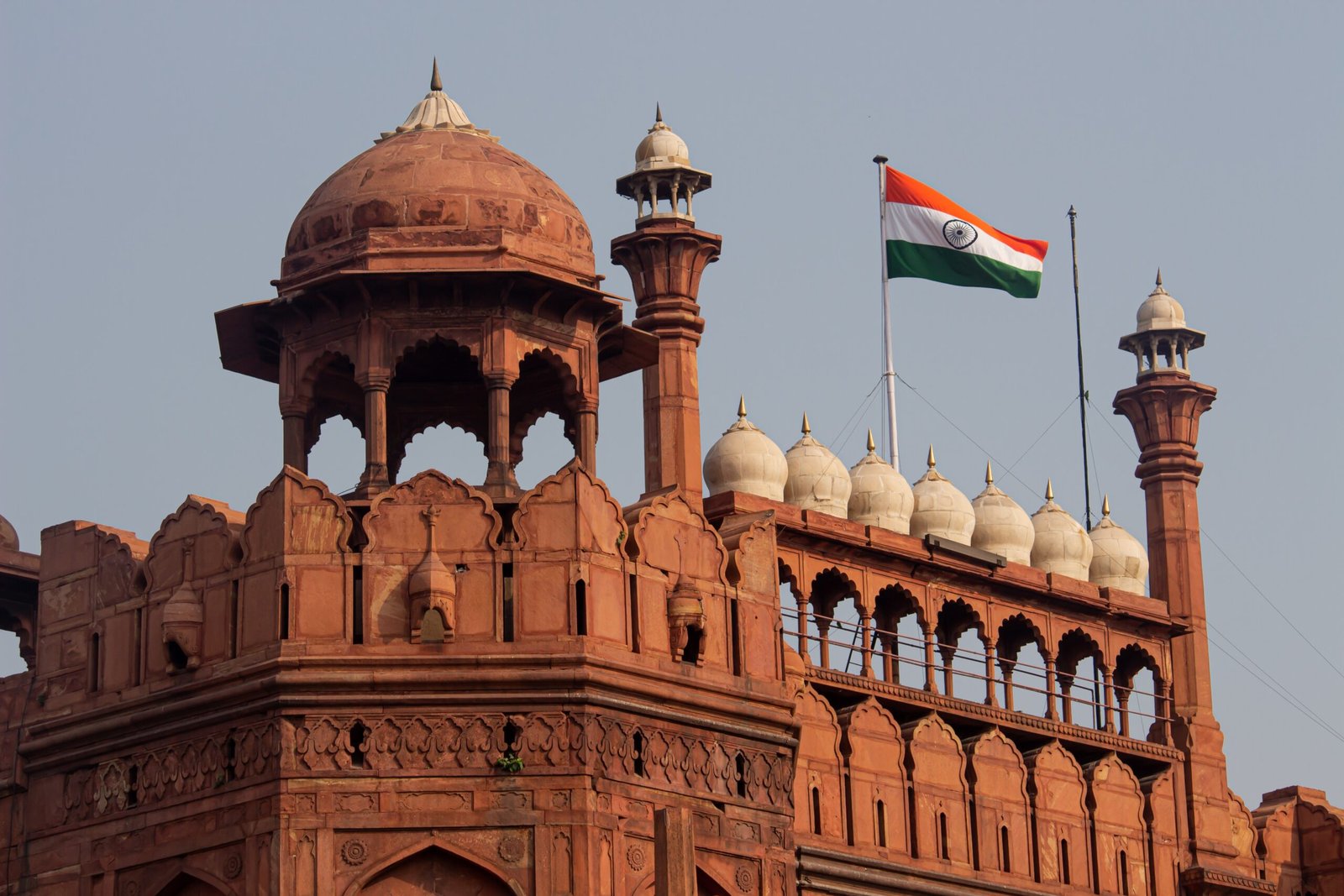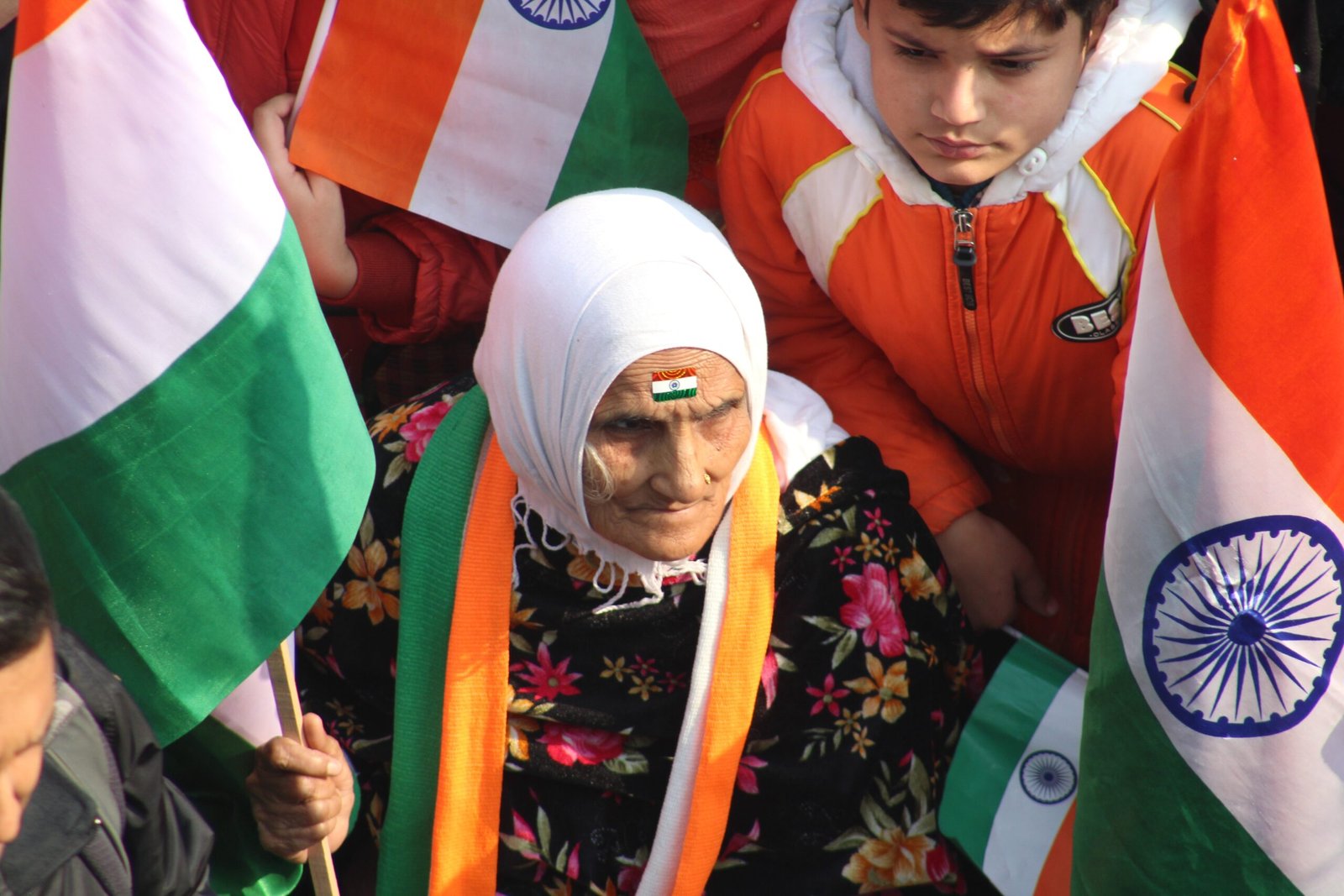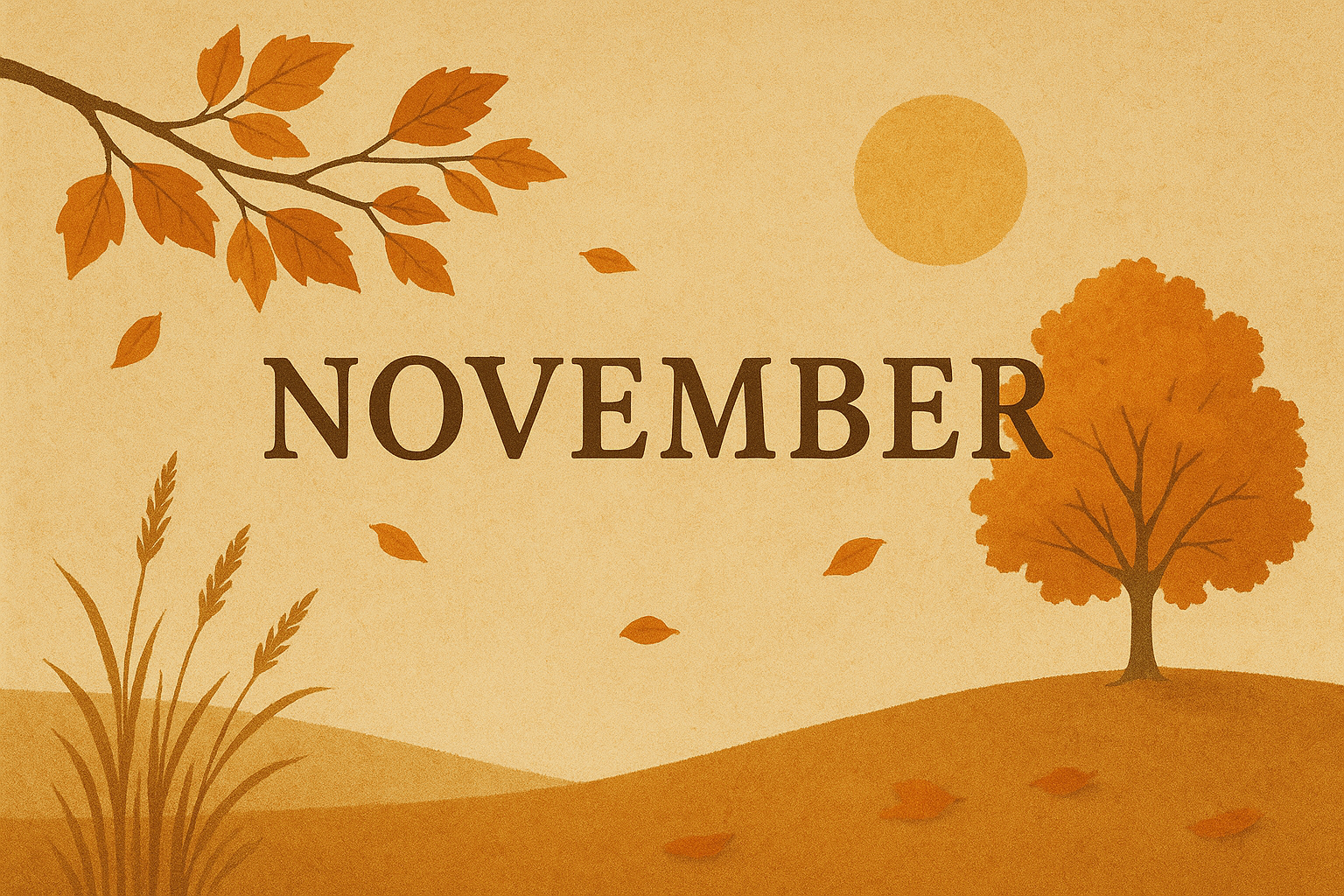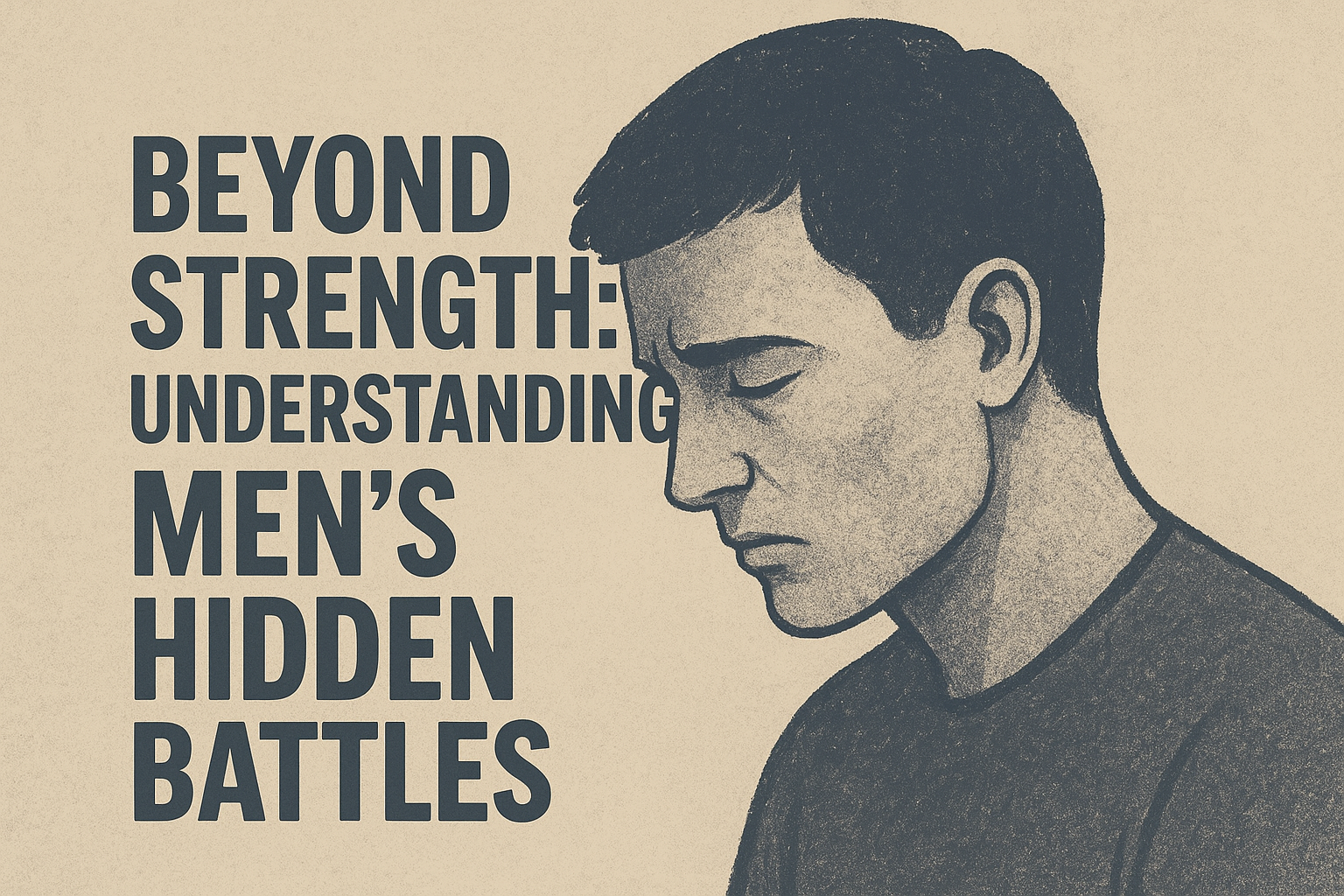Case I: Ayushi has worked for years slogging in front of a computer in the accounts department of her office. Now, she finds no motivation to come to the office or do well in her job. Despite timely increments and a promotion last year, she feels she’s wasting her time and talent here. The pay package is the only deterrent that keeps her from quitting. She longs to take a long break, vacation, think things out, and change her career course or occupation, if possible.
The problem is that her family depends on her. The household runs on her salary. Chucking everything off is simply not on the cards.
What will people say?
Worse, what if her parents are let down?
Pradeep wants to remain unmarried. After a few genuine attempts at forming romantic relationships, he has realised that’s not what he wants. He is not interested in sexual relationships and identifies as asexual. He would love to stay on his own or with a few friends for company.
His parents have started seeking alliances with suitable girls for his marriage. He has tried his level best to discourage them, but his mother threatens to go on a hunger strike if he doesn’t at least “see” the girls.
The Progressive Writers’ Collective Magazine posted a satirical write-up on their social media page, critiquing the present administration for their failure to act on the burgeoning rape and molestation cases in the city. Warnings started coming soon after. Trolls followed.
A week later, the office was shut down with a notice that said, – Closed till further orders.
Questions that question our sense of freedom
- Individual freedom? Whatever is that?
- Do we Indians really have the freedom to exercise our will?
- To work and live as we want?
- To express our opinion without fear?
Once Upon a Glorious Time
The India of yore was a free-thinking country. Our ancient texts advocated social structure and decorum but didn’t suppress the right to challenge norms. The oldest civilization, complete with town planning and structured roads, had its roots here.
We had Khajurao and Kamasutra, Arth Shastra and Nalanda, Din-e-Ilahi, and the right to choose one’s partner (Swayamvar). Matriarchs were honoured and revered. So much so, the free-thinking originated three major world religions here: Buddhism, Jainism, and Sikhism. Parsis were welcomed here, as were the Jews, Chinese, Anglo-Indian, Armenian, and African people.
Our country’s cultural weave was enriched with different skeins of thought and beliefs.
What happened along the way? If we go by the current narrative, the Mughals and the British are responsible for our diminishing freedom. But is that so? Can we blame it as per our convenience? Aren’t all of us responsible?
We Forgot to Think
Somewhere down the ages, we got used to being spoon-fed and dished out convenient falsehoods.
In the quest for power, many monarchs, religious heads, and wealthy merchants sold us a bunch of convenient lies and falsehoods.
- Marry, or you can’t continue your lineage.
- You need to work or earn money, or you will lose your worth.
- Keep towing the popular opinion, don’t challenge the status quo.
- Bow your head to scriptures, holy men, and shrines, or bad things will happen to you.
- Fear God, nature, the unknown, or anything you don’t understand.
- The person who holds the sword or the purse controls everything.
As it happens all the time, a lie repeated often enough soon becomes accepted as the truth. So we developed a herd mentality. We sought safety in numbers. Why risk our necks by being anything different?
When India achieved her hard-earned independence, we started a new chapter. Our forefathers dreamed of an inclusive society, a firmly socialistic welfare state, and a thriving democracy where individual rights and freedom were as important as societal duties. The Indian Constitution was written to uphold these values very firmly.
Is Freedom = Individual Choice?
We can truly be free only when we celebrate our differences. Differences, whether religious, educational, physical, intellectual, or sexual, must not only be accepted but celebrated. We need to take pride in a truly inclusive, free society.
Freedom for an individual translates to:
- Freedom to follow any religious faith. If someone wants to be an atheist, there is no judgement against him, her, or them.
- Freedom of education, career opportunities, profession, and way of living
- Freedom to marry, love, or live with anybody, provided both are willing.
- Freedom to not marry or commit to any companionship.
- Freedom to speak aloud when something troubles me without a watchdog breathing down my back.
- Freedom to walk on the streets or in public places in any dress at any time of the day or night
- Freedom to disagree, to argue, and to not conform.
Can this freedom come? Without any riders, please? This Independence Day, let’s pray for that.
















One Response